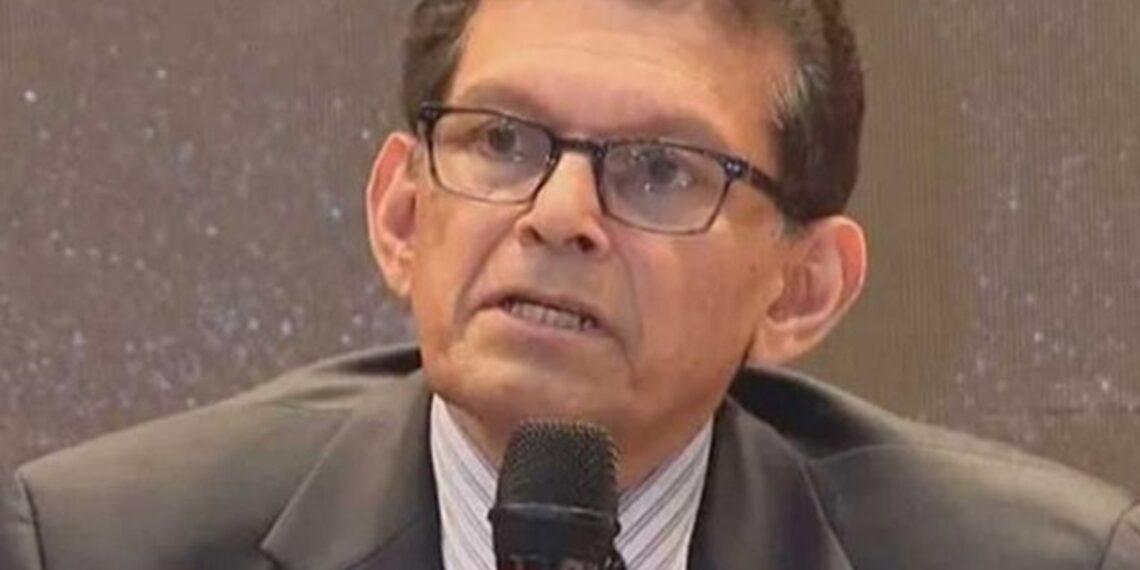A day after returning from Doha, Bangladesh National Security Adviser (NSA) Khalilur Rahman met an eight-member delegation comprising US congressional staff associated with the Democratic and Republican parties at a hotel in Dhaka’s Gulshan neighbourhood on May 28.
While Khalilur Rahman appears to have desisted from speaking out publicly on the controversial issue of a “humanitarian corridor” on the Bangladesh-Myanmar border, his meeting with the US delegation indicates that he will persist with related matters, including the Rohingya refugees and how they might be repatriated to the Rakhine State in Myanmar.
The US congressional delegation is led by Jennifer Nicole Paitt, who is a Legislative Director and Chief Counsel to Senator Chris Murphy who, as a member of the House of Representatives, represented Connecticut’s fifth congressional district from 2007 to 2013. Interestingly, Khalilur Rahman is a resident of Greenwich, Connecticut.
The other members on the US delegation included representatives of one other Democratic Party Senator and a Congressman, a Republican Party Congressman from Florida and staff members from the International Organisation for Migration’s Washington DC and Dhaka offices.
Khalilur Rahman’s proposal on a “humanitarian corridor” on the Bangladesh-Myanmar border, first to facilitate Rohingya repatriation and then to send across aid to the Rakhine State, drew sharp criticism and disapproval of Bangladeshi political parties, including the BNP.
The BNP has adopted an uncompromising position on the “humanitarian corridor” issue.
But the main reason why Khalilur Rahman backed off, at least momentarily, on the “humanitarian corridor” issue was the massive opposition to the proposal by Bangladesh three service chiefs.
In fact, Army chief General Waker-uz-Zaman strongly opposed the proposal, saying at a large gathering of his colleagues in olive green that there would be “no bloody corridor”.
ALSO READ: Mountaineering community honours 72 years since Everest first conquered
This was subsequently followed up with a briefing for Dhaka-based journalists who were told in no uncertain terms that the Army was fully against the “humanitarian corridor” and that it would do everything to protect the country’s sovereignty.
The “humanitarian corridor” issue has driven a wedge between the NSA and the three defense forces, so much so that Chinese whispers in Dhaka suggest that officers have been instructed to desist from interacting or meeting with Khalilur Rahman within the cantonment.















